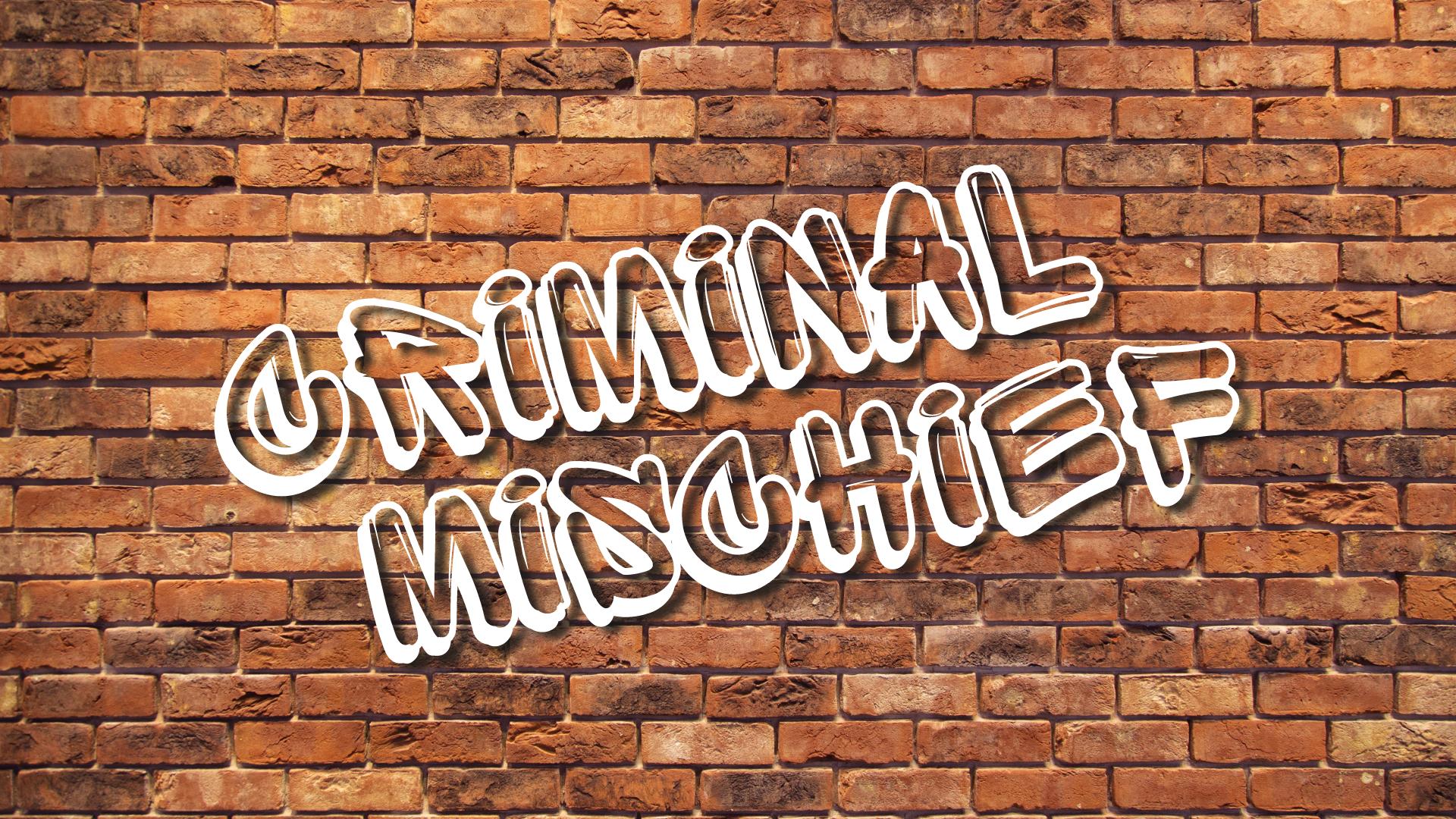
Criminal mischief, also known as vandalism, may not seem like a big deal. There’s graffiti everywhere! However, when a person purposefully paints graffiti on a person’s property or otherwise damages property, they’ve committed criminal mischief. While criminal mischief may not sound serious, these actions can have serious consequences. You could face significant fines and jail time if you’re charged and convicted of criminal mischief.
Many people may not realize the seriousness of the punishment if they’re charged with criminal mischief. Not only can the conviction stay on your record, but it can also affect your future job opportunities. If you’ve been accused of committing criminal mischief, you need adequate legal representation to fight these charges.
At Buda Law, our attorney Andrew Buda served for years as a prosecuting attorney, so he understands how to build the strongest criminal defense for his clients. We work to have your charges dismissed entirely so that you can move on with your life and leave the criminal accusation behind. To discuss your case with the best Tampa criminal mischief attorney, call (813) 322-2832.
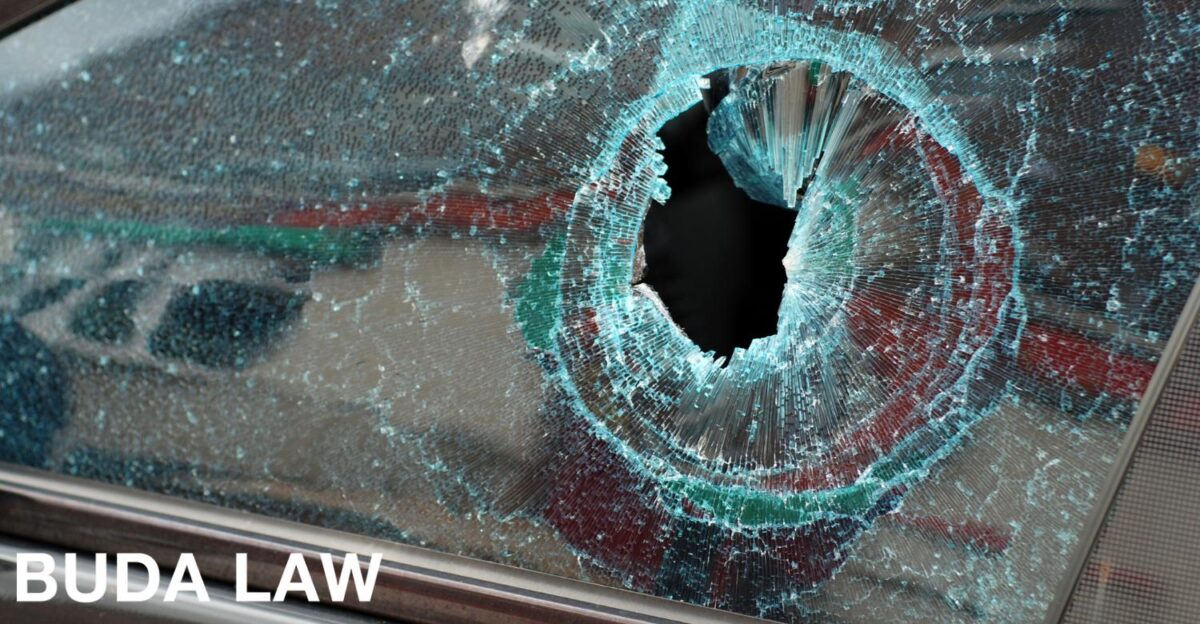
Florida Criminal Mischief Definition
According to Florida Statutes 806.13, criminal mischief occurs when a person willfully and maliciously causes damage to another person’s property. A person willfully commits a crime by knowing exactly what they’re doing and committing the crime on purpose. They have acted under their own free will. Malicious acts are considered those that have no legal justification with the understanding that the actions will result in damage or injury to another person’s tangible property.
Florida Statutes § 806.13
Florida Statute 806.13 states that any acts performed with the willful and malicious intent to damage someone else’s property constitute criminal mischief. However, criminal mischief is not just charged against individuals that destroy private property. Criminal mischief charges can also be pursued if a person damages public property, vehicles, land, or other personal, tangible property items.
Criminal mischief is also commonly referred to as vandalism. When people think about vandalism, they often think about graffiti, but other crimes can also fall under Florida Statute 806.13. The most common examples of criminal mischief include:
- Damaging real estate property
- Busting windows
- Damaging vehicles
- Tearing up mailboxes
- Defacing monuments
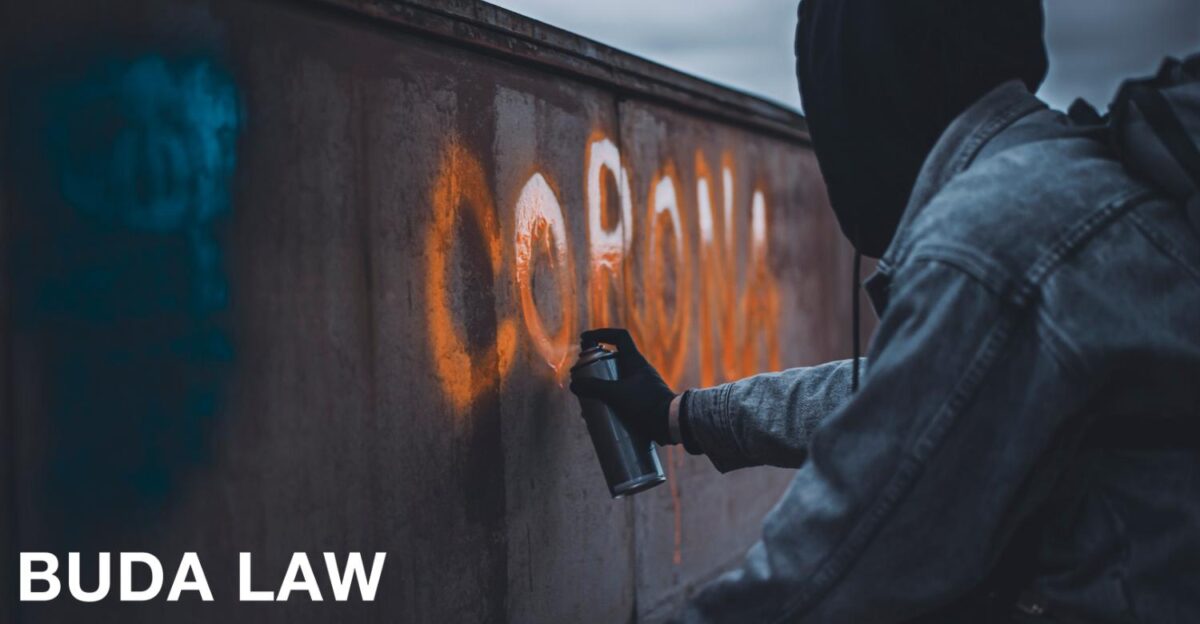
Can You Be Charged With Vandalism Without Proof?
If you’ve been charged with criminal mischief or vandalism, there is most likely proof showing that the crime occurred. Prosecutors must prove that a person committed criminal mischief, and the best way to do this is by showing video surveillance or using eyewitness testimonies. If there is no proof that criminal mischief occurred, the charges will most likely be dropped.
Elements Required to Prove Criminal Mischief
In order to convict a person on criminal mischief charges, a prosecuting attorney must be able to prove beyond reasonable doubt that the crime occurred and that there was intent to commit criminal mischief. Below are several elements that must be present in order to convict someone of criminal mischief:
- The accused intentionally damaged another person’s personal property. However, if the property was destroyed accidentally, there was no intent to cause damage; therefore, criminal mischief did not occur.
- The accused did not have the property owner’s consent to cause damage or destroy the property. If a property owner hires a person to paint their home, but they paint it the wrong color, this is not considered criminal mischief.
- The accused had no intent to commit theft, burglary, or arson.
To fight criminal or malicious mischief charges, you need an experienced Tampa criminal defense attorney to disprove the above elements and create doubt that the crimes even occurred. As a former prosecuting attorney, Andrew Buda knows exactly how to counterattack the prosecution’s accusations. If you’re looking for the best Tampa criminal mischief attorney, look no further than Andrew Buda.
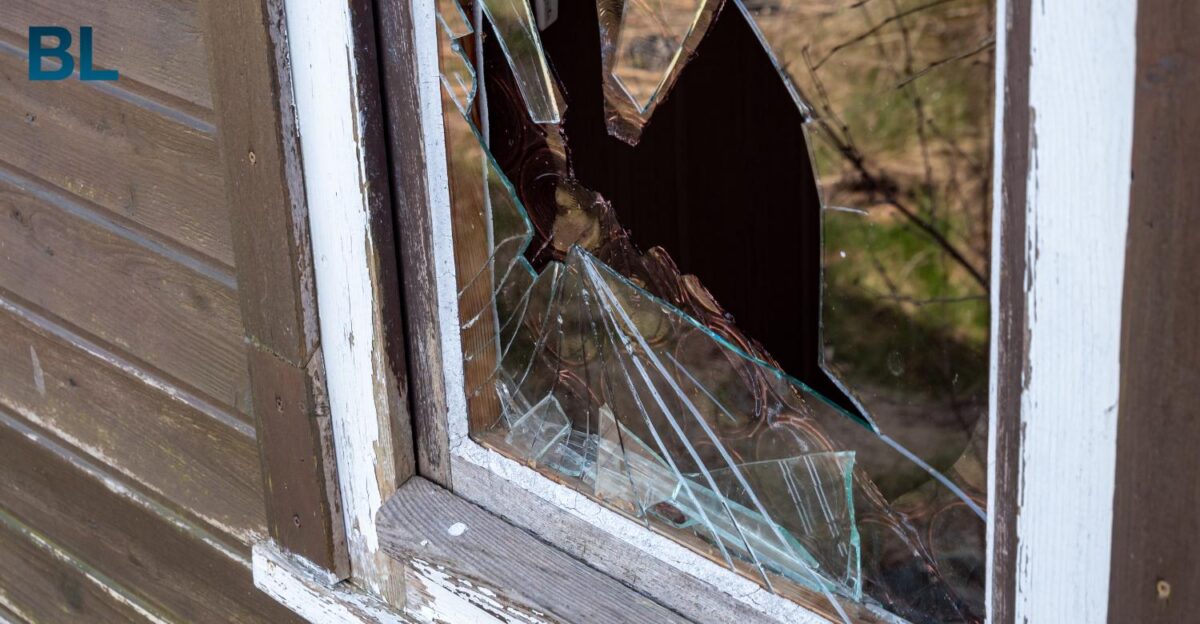
Penalties for Criminal Mischief in Florida
Those facing a criminal mischief conviction can either be charged with a Florida felony or a Florida misdemeanor. In order to determine the severity of the punishment, several factors are taken into consideration:
- The amount of damage caused;
- The type of damaged property; and
- If the individual has any prior convictions.
Second-Degree Misdemeanor Criminal Mischief
If the criminal mischief crime results in $200 or less of property damage, it’s considered a 2nd degree misdemeanor in Florida, punishable as provided in s. 775.082 or s. 775.083. If found guilty, the individual may face the following punishment combinations: 60 days in jail, six months of probation, and/or $500 in fines.
First-Degree Misdemeanor Criminal Mischief
If the damage to the other person’s property causes more than $200 worth of damage but less than $1,000, the criminal mischief crime is considered a first-degree misdemeanor in Florida, punishable as provided in s. 775.082 or s. 775.083. A first-degree misdemeanor criminal mischief charge could result in any of the following combinations of punishment: up to one year in jail, 12 months probation, and/or $1,000 in fines.
Third-Degree Felony Criminal Mischief
Property damage that results in costs of over $1,000, or if there is interruption or impairment of a business operation or public communication, transportation, supply of water, gas or power, or other public service which costs $1,000 or more in labor and supplies to restore, is considered a third-degree felony. This is punishable under s. 775.082, s. 775.083, or s. 775.084.
If charged with third-degree felony criminal mischief, the offender could face a maximum of five years in jail, five years probation, and/or $5,000 in fines. Additionally, if the person has one or more previous convictions for violating this subsection, the offense for which the person is charged shall also be reclassified as a felony of the third degree, punishable as provided in s. 775.082, s. 775.083, or s. 775.084.
First and Second-Degree Felony Criminal Mischief
As the damage and property damage amounts increase, so do the severity of charges and punishments. Property damage that costs between $150,000 and $300,000 is considered a second-degree felony criminal mischief charge that can result in up to 15 years in prison and/or a $10,000 fine. If the property damage costs exceed $300,000, the person is charged with a first-degree felony where they could face up to 30 years in prison and/or a fine of $10,000.
No matter the severity of your criminal mischief charges, hiring an experienced criminal defense attorney can help you serve a lesser sentence, avoid jail time entirely, or dismiss the charges against you. Whether you’re facing felony or misdemeanor criminal mischief charges, you deserve the best Tampa defense attorney, Andrew Buda.
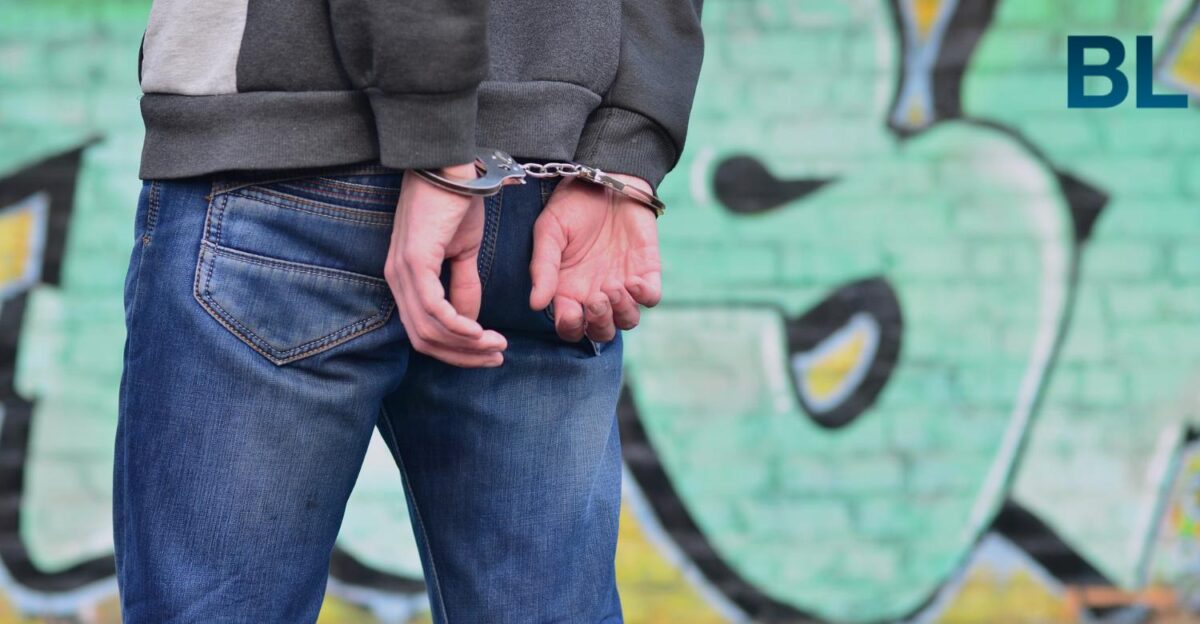
Possible Defenses Against Criminal Mischief Charges
There are many defenses to criminal mischief that your attorney can use when disproving the charges that have been brought forth. The most significant hurdle your criminal defense attorney will need to jump is that there was no intent. Criminal mischief charges largely hinge on the fact that the person committing the criminal mischief did so with intent. If your attorney can show that the crime occurred accidentally, they have removed the intent.
A famous case in Florida that successfully disproved intent is that of Stinnett v. State. Stinnett was charged with aggravated assault and criminal mischief because his gun was fired during a fight and hit a parked car. Thanks to eyewitness testimony proving that he did not aim the firearm at a person or the vehicle, Stinnett’s criminal mischief charge was reversed. In this case, the criminal defense attorney was able to prove that Stinnett did not commit the act with intent.
Other defenses that can be used when fighting a criminal mischief case are listed below.
- The property was owned by both the alleged victim and the accused.
- An altercation caused the damage.
- The maliciousness was not directed at the alleged victim or property.
- The damage was legally justified.
- There were extenuating circumstances that led to the property damage.
- The accused actions were not “wrongful.”
- The accused caused damage to the property in an act of defense against an offender.
- The alleged victim actually committed the crime.
- Mistaken identity.
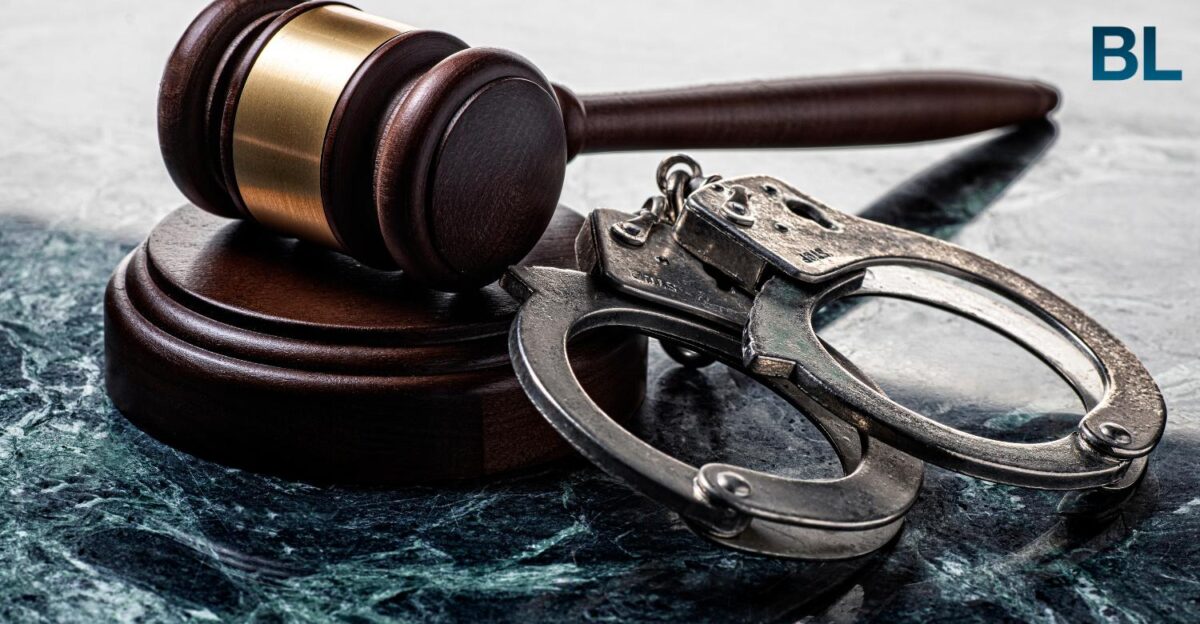
Facing Criminal Mischief Charges? Call a Tampa Criminal Defense Attorney at Buda Law Today
A criminal mischief accusation is not one that you should take lightly, no matter how severe the charges are. Even a misdemeanor charge can stay on your criminal record and affect your future job opportunities, housing choices, and more.
The Florida criminal justice system is confusing and can be overwhelming, especially for first-time offenders. When you’re facing a criminal mischief conviction, you need a strong defense attorney in your corner that’s ready to fight the charges that have been brought against you. The Tampa criminal defense attorneys at Buda Law are prepared to help you navigate this difficult time. Our attorneys will meet with you so that they can understand the circumstances surrounding your charges. We’ll also conduct our own investigation as we work to disprove intent and strengthen your defense.
To schedule a free consultation regarding your criminal mischief charge, call (813) 322-2832 or complete our online form. The sooner you schedule your consultation with Buda Law, the sooner we can start helping you put your criminal charges behind you.
